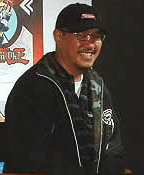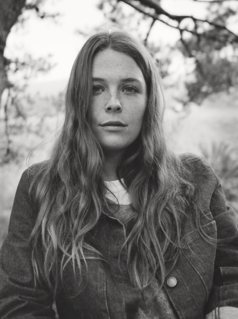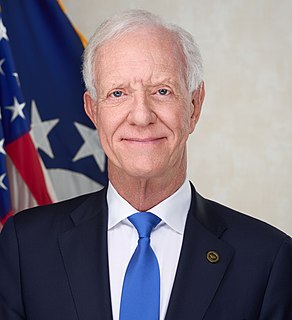A Quote by Makoto Shinkai
I think it is one of the common themes for many Japanese people to choose where to live: Tokyo or their hometown.
Related Quotes
I think that one of the visions that is closest to reality is the cardboard city in the subway station in Tokyo, which is based very closely on a series of documentary photographs of people living like that and of the contents of the boxes. Those are quite haunting because Tokyo homeless people reiterate the whole nature of living in Tokyo in these cardboard boxes, they're only slightly smaller than Tokyo apartments, and they have almost as many consumer goods. It's a nightmare of boxes within boxes.
As well as Japanese animation, technology has a huge influence on Japanese society, and also Japanese novels. It's because before, people tended to think that ideology or religion were the things that actually changed people, but it's been proven that that's not the case. Technology has been proven to be the thing that's actually changing people. So in that sense, it's become a theme in Japanese culture.








































